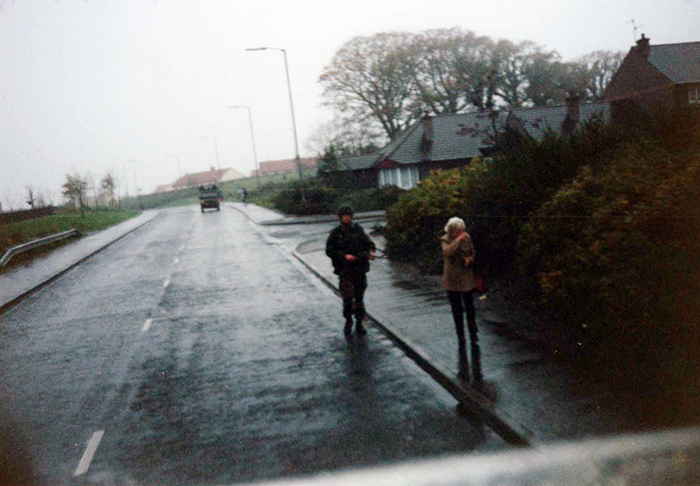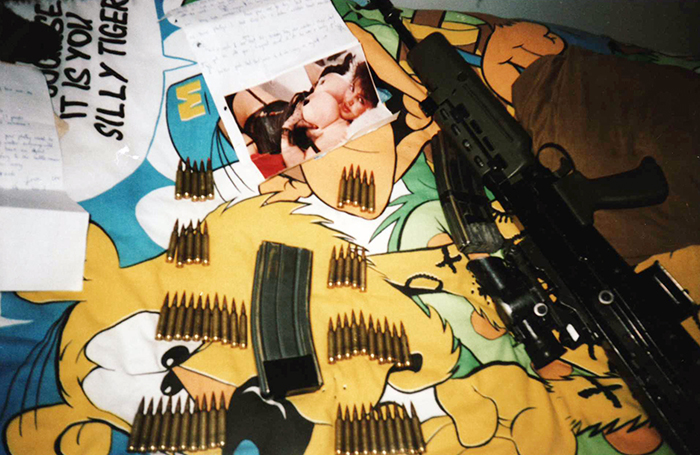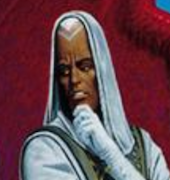|
From bombings to steroid addiction to emotional family reunions on Surprise Surprise, the media loves a military story. It’s as though we wouldn’t take the news seriously without the presence of footage that some viewers may find disturbing. But considering how fundamental the armed forces are to our society, we tend to leave them to their own devices. Stuart Griffiths‘ Pigs’ Disco goes some way in revealing what soldiers get up to off duty, although it’s far from a tell-all expose. Tracking Stuart from his teenage years as a paratrooper to his twenties in Brighton amid the acid rave scene, it’s more a lesson in psychedelics than politics. The book came out in 2013 but rather than pander to the cultural hype machine, I’m speaking to Stuart about it now. It’s a fitting wait for a project that was six years in the making and twenty in shoeboxes, brought together by Ben Freeman at Ditto Press. Ben met Stuart in the mid 00s when he was working at Vice, back before it became the behemoth it is now and joined the Murdoch empire. Stuart had come in to show editor Andy Capper his project on Liverpool gangs. Seeing Ben’s enthusiasm, Andy encouraged him to ask Stuart about his photographs from Northern Ireland. Two years before founding Ditto, Ben and Stuart started piecing together a story. At first glance, it seems an unlikely option for an art press specialising in books on subculture. But there aren’t many institutions which not only legitimise immorality but also command employees to kill, steal and smash stuff up for a living. The armed forces are about as subcultural as it gets. Stuart enrolled at the height of The Troubles in the late 80s when he was just sixteen. “The first place I’d ever went was Belfast,” he tells me. “The first plane I ever flew in, I jumped out of. My formative years were sucked up by the military combine.” By the sounds of it, his platoon had a pretty rough time. The rest of the army referred to the paratroopers as ‘bird poo poo’ and they didn’t fare much better on the beat. In part, that was down to incidents like the wrongful killing of two young joyriders who sped past an army checkpoint. ‘Gunned down in cold blood’ was the headline. Stuart recalls a dripping potty being lobbed at their vehicle after that news was made public, its contents emptying onto his head.  British Paratroopers on patrol in West Belfast, 1990, from [I]Pigs’ Disco[I]  5.56mm bullets that every soldier carries whilst on patrol in West Belfast, 1990, from Stuart Griffiths archive Respite came by way of the Pigs’ Disco, a monthly event in which girls would be invited to the NAAFI bar (Navy, Army and Air Force Institutes). “They used to get so drunk and messed up,” Stuart says. Keen to avoid the mash-up contingent and “soldiers banging each other”, he started experimenting with drugs – acid, speed, ecstasy. This was before drug-testing was made compulsory in the late 90s. “Those nights were macabre scenes of smashed glass and bodily fluids, not a good thing to see on LSD,” he says. The drug connection is one that irked members of the British Airborne Forces Club forum. “Just another jazzed up memoir for sales purposes,” says Pat Harley. “We were normally too drunk to take drugs,” says Taff Loxton, presumably anxious to point out that he’s not Taff the caner and inadvertent arsonist from the book. “I’ve had abuse hurled at me over the social networks,” Stuart tells me. “It got people whipped up into a frenzy. An old friend who’d been at Sandhurst called me and said, ‘We’re all discussing your book in the House of Lords’.” When I ask whether the book is at all fabricated, Stuart replies, “It’s not a history book. It had to be humorous and entertaining.” Still, I get the impression that it’s anecdotes and identities that have merged and been exaggerated rather than the drug-taking being a figment of his imagination. “In the army you’re taught to be covert,” he says, “especially if you’re doing something illegal.”
|
|
|
|

|
| # ? Apr 28, 2024 01:23 |




